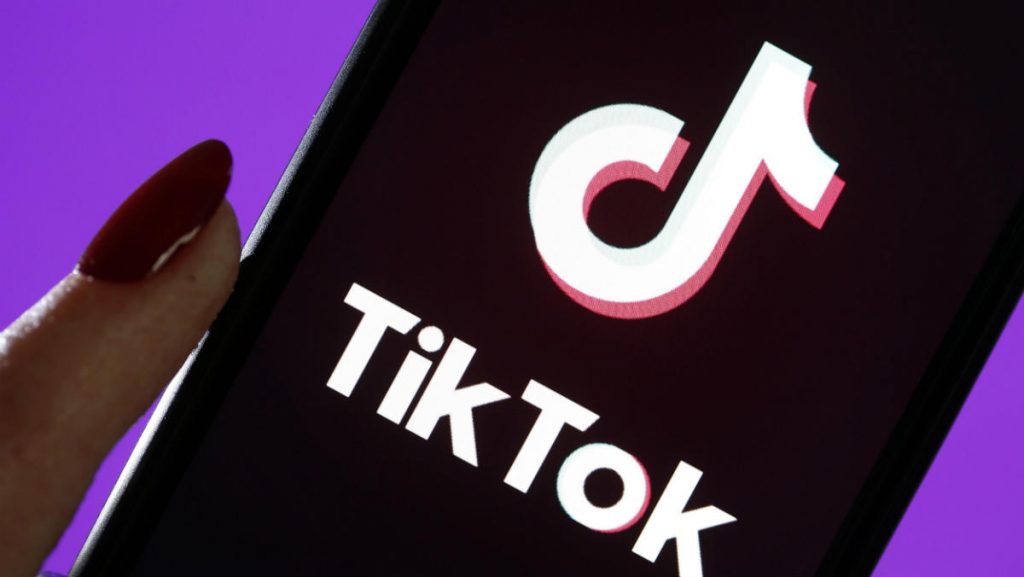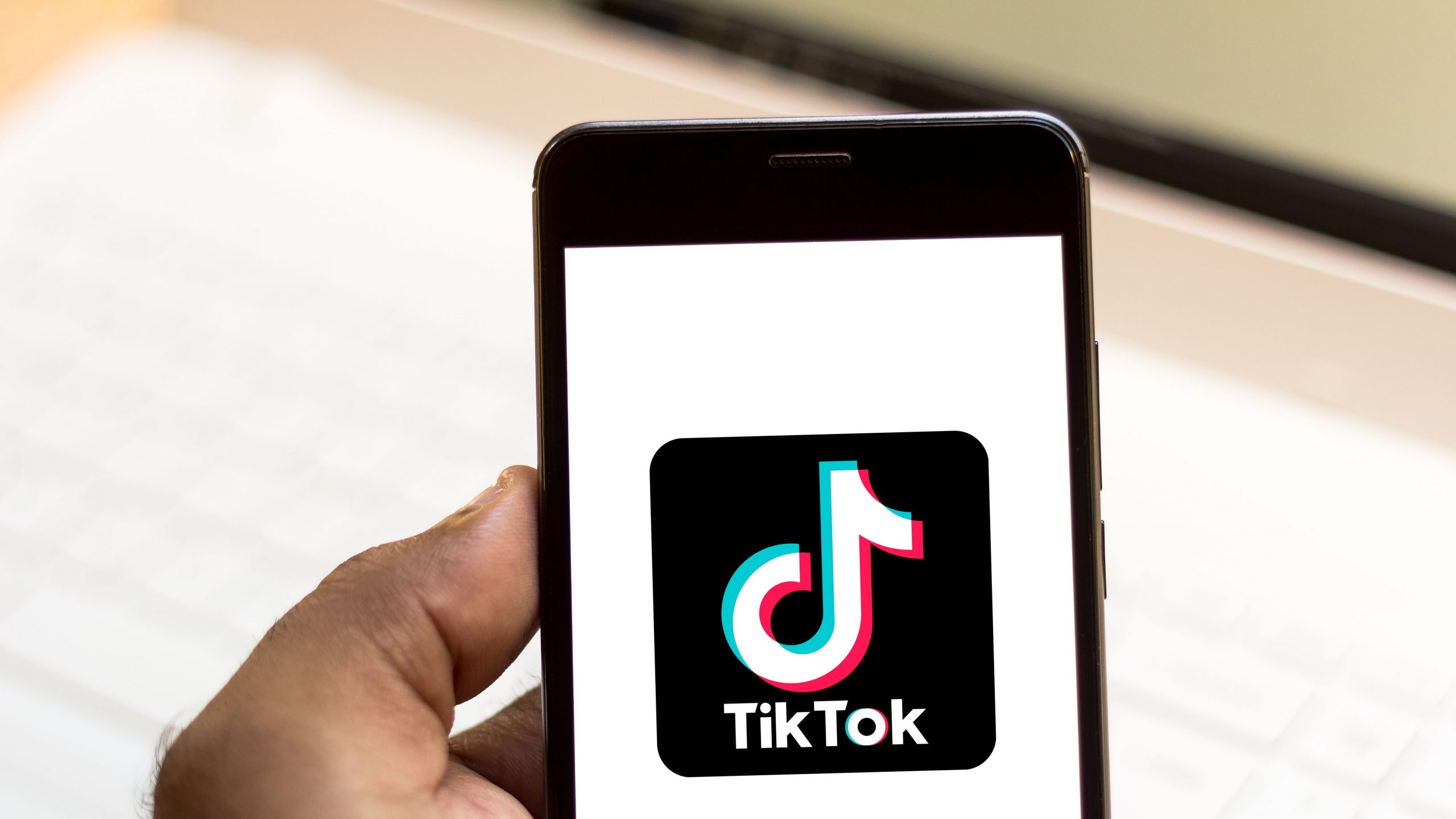TikTok, with its captivating short-form videos and viral trends, has become a staple in the digital lives of millions worldwide. While the platform offers endless entertainment, some users may seek to save their favorite videos for offline viewing or sharing. This is where TikTok downloader services come into play. However, the legality of using these services can be murky, raising questions about copyright infringement and intellectual property rights. In this article, we’ll explore the legal landscape surrounding TikTok downloader services and provide guidance for users on navigating the complexities of copyright law and digital content consumption.
Understanding Copyright Law
At the heart of the legality issue surrounding TikTok downloader services lies copyright law. When users create and upload videos to TikTok, they retain the copyright to their content, granting TikTok a license to host and distribute it on their platform. Downloading and redistributing TikTok videos without permission from the creator may constitute copyright infringement, violating the creator’s exclusive rights to control the reproduction and distribution of their work.
TikTok’s Terms of Service
TikTok’s terms of service explicitly prohibit the downloading of videos without permission, stating that users must not “download any video from the Services other than by means of the functionality provided by TikTok.” By using TikTok downloader services to bypass this functionality, users may be in violation of TikTok’s terms of service, risking account suspension or termination.
Fair Use Considerations
While downloading TikTok https://tikd.cc/en/ videos without permission generally constitutes copyright infringement, there may be exceptions under the principle of fair use. Fair use allows for the limited use of copyrighted material for purposes such as criticism, commentary, news reporting, teaching, or research, without the need for permission from or payment to the copyright holder. However, determining whether the use of TikTok downloader services falls under fair use requires a case-by-case analysis based on factors such as the purpose and character of the use, the nature of the copyrighted work, the amount and substantiality of the portion used, and the effect on the potential market for the copyrighted work.

Alternatives to TikTok Downloader Services
Given the legal and ethical considerations surrounding TikTok downloader services, users may opt for alternative methods of saving TikTok videos for offline viewing or sharing. TikTok itself provides an option to save videos to a private playlist for later viewing within the app, without the need for third-party downloader services. Additionally, users can obtain permission from the creator to download and share their videos, ensuring compliance with copyright law and TikTok’s terms of service.
In conclusion, navigating the legality of TikTok downloader services requires a nuanced understanding of copyright law, TikTok’s terms of service, and fair use considerations. While downloader services offer convenience and flexibility in accessing TikTok content, users must be mindful of the potential legal and ethical implications of downloading and redistributing copyrighted material without permission. By respecting copyright law, adhering to TikTok’s terms of service, and considering alternatives to downloader services, users can enjoy TikTok content responsibly while protecting the rights of creators and upholding legal standards in the digital realm.
